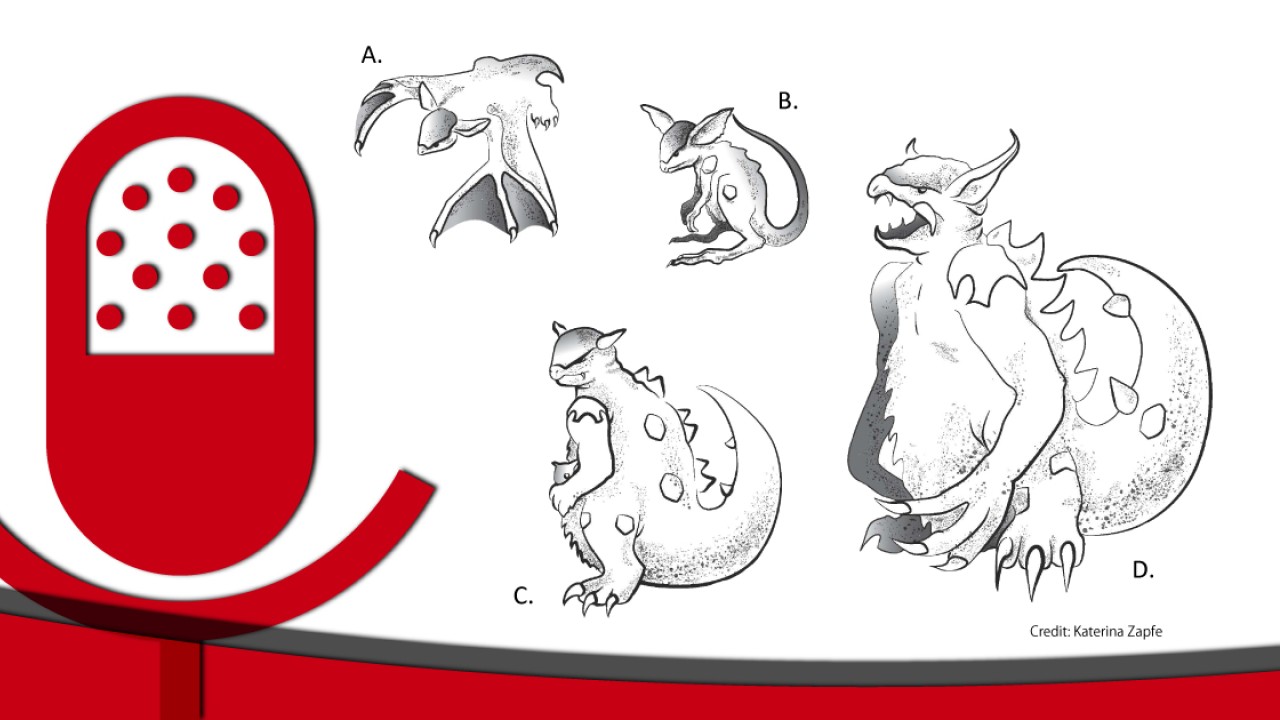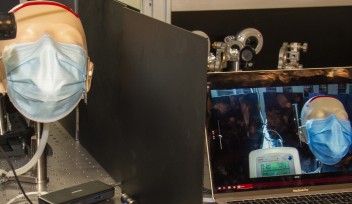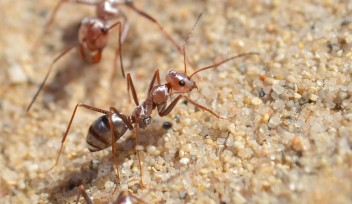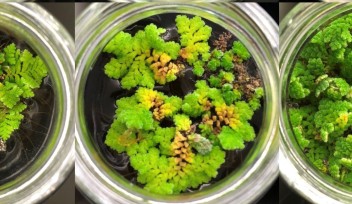From Pokémon GO to coral reef fish

Subscribe to the OIST podcast on Apple Podcasts, Google Podcasts, Spotify, or wherever you listen to your podcasts.
In the most recent episode of the OIST podcast, science communicator Lucy Dickie chats with Dr. Dan Warren about his career as a quantitative biologist, and the interesting research projects he’s worked on along the way.
Dr. Warren’s career followed an unusual path. He grew up in Oklahoma, right in the center of the United States (about ten miles from the infamous park where the documentary Tiger King was set). His family was deeply religious, and he absorbed the idea that evolution couldn’t explain the diversity of the natural world. At 15, he left school early to pursue life as a musician. Then, in his mid-20’s, he began an undergraduate degree in Biology at the University of Oklahoma as part of a program to get adults to university.
“I became obsessed with the idea of evolution by natural selection and using it to understand what animals are doing and why they’re doing it and things like that. And I expanded outwards from there to get more and more interested in computational biology, both in simulation and in developing analytical tools.”
Now as a staff scientist in the Biodiversity and Biocomplexity Unit, Dr. Warren does very broad scale research using quantitative methods in population biology, but he admits that he has a whole bunch of different little sidelines. “I work on behavior, I work on the evolution of the brains in marine fishes, and just a million different little things.”
Dr. Warren’s most recent research article, published in Methods in Ecology and Evolution, used a species in Pokémon GO to reveal that species distribution models are inherently biased. Read more about this publication here.

Specialties
Research Unit
For press enquiries:
Press Inquiry Form















